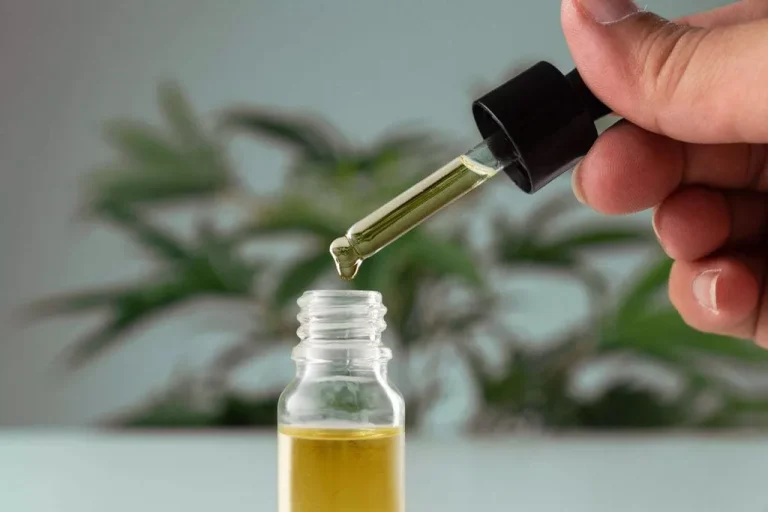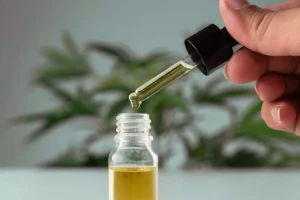
It can lead to more understanding, compassion, and support for those in need of recovery. It serves as a marketing tool for rehab centers and treatment programs. The power of storytelling extends beyond an individual level. Online platforms provide opportunities for hope, education, connection, and support. Through self-reflection, readers can gain valuable life lessons and coping skills, as well as establish supportive networks.
- Storytelling is a great tool for teaching, entertaining, and healing.
- When sharing a recovery story, it’s important to be emotionally stable and get help if needed.
- Be sure to acknowledge your entire support system in your story.
- Hearing others’ experiences helps to eliminate stereotypes and misconceptions.
- In this section, we will delve into the transformative impact of storytelling on healing.
Finding Support in Support Groups and Sponsorship

For those who would like a few recommendations on how to share, here are a few key suggestions. Just remember there are no steadfast rules for how, when or if you share. Don’t have a friend who’s currently fighting an active addiction? Nick’s work highlights Cumberland Heights’ commitment to outcome-oriented care, using proven techniques to put those struggling with substance use disorder on a path to success.

Even Through the Tough Times
- It goes deeper, but find a way to go deep enough without detailing too much.
- Personal recovery stories are shared to display successes and the positive effects of these programs.
- Knowledge is imparted on various treatment options, coping strategies, and self-reflection exercises, empowering individuals in their journey.
- Stay away from placing blame or making others feel like their addiction is their fault.
- Addiction recovery is a deeply personal journey full of ups and downs.
- It’s not just limited to AA but also to online platforms that promote hope, education, and connection.
When you share your personal recovery story, remember there are people in the room at all different stages of their recovery. Some people may not have started their sharing your story in recovery first day of sobriety yet. You don’t want to get up there and over-glamorize your days of addiction to the point that it triggers someone. Don’t talk about them as “good old days” or “the best time of your life.” Focus on how sobriety is a gift and the most significant change you’ve made. Without being willing to share those experiences, people may never heal and grow.
Why is sharing personal recovery stories more effective in engaging readers than articles with statistics and facts?
Since 2016 Jay has served on the board of directors of the National Association of Addiction Treatment Providers (NAATP). As past chair of NAATP’s Ethics Committee, Jay was instrumental in important changes made to the organization’s code of ethics. In addition, Jay serves as Treasurer/Secretary of the Foundation of Recovery Science and Education. He has also served on an advisory committee with LegitScript, certification that lets search engines know which treatment centers operate safely and legally. Remember that it doesn’t have to be perfect what’s most important is that it’s heartfelt.
The Influence of Personal Stories on Attitudes, Behaviors, and Actions
- They may have additional recovery tips that you can learn from to strengthen your own journey.
- By sharing personal experiences, individuals can find comfort in understanding they are not alone in their battles.
- Connecting with those going through similar experiences provides a sense of understanding, belonging, and empathy, which is key for sobriety.
- The doctor gave me a prescription and referrals to see other specialists but I still kept drinking.
- Storytelling plays a crucial role in building a supportive recovery community.
- While some substantive efforts aim to break down the stigma, the fact remains that discussing these things aloud can sometimes be rather daunting.
- Finding the right timing and emotional stability to share your story is key.
Connecting with those going through similar experiences provides a sense of understanding, belonging, and empathy, which is key for sobriety. When telling a recovery story, timing and emotional stability should be considered. Have support from groups or a sponsor, and make sure your story contains honesty and inspiration, as well as the challenges faced. When it comes to speaking about your recovery story, timing and being emotionally stable are very important. A successful recovery story should combine honesty and inspiration, honestly portraying both the difficulties and successes of the journey.

These Do’s and Don’ts Can Help You Share Your Recovery Story

The advantages of support groups and sponsorship are immense. It offers a sense of belonging, provides a non-judgmental atmosphere to discuss issues and progress, and offers opportunities to heal and develop. Butch worked for one of the state’s first intensive outpatient programs in Jackson, TN and the Jackson Area Council on Alcoholism.
Out of all three major components of your story, this one should come the most naturally. This is the moment at which your life changed for the better, the moment at which you experienced mindfulness in a manner such as never before. It’s impossible to tell your story without including this moment of clarity. More than anything, the first stretch of your story should detail how you fell into addiction in the first place. When was the first time you drank or used drugs (or in the case of many, both)? On the Jellinek Curve, this part of your story would be the downward slope, leading to the point at which your addiction became a continuous cycle.


